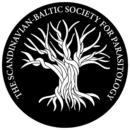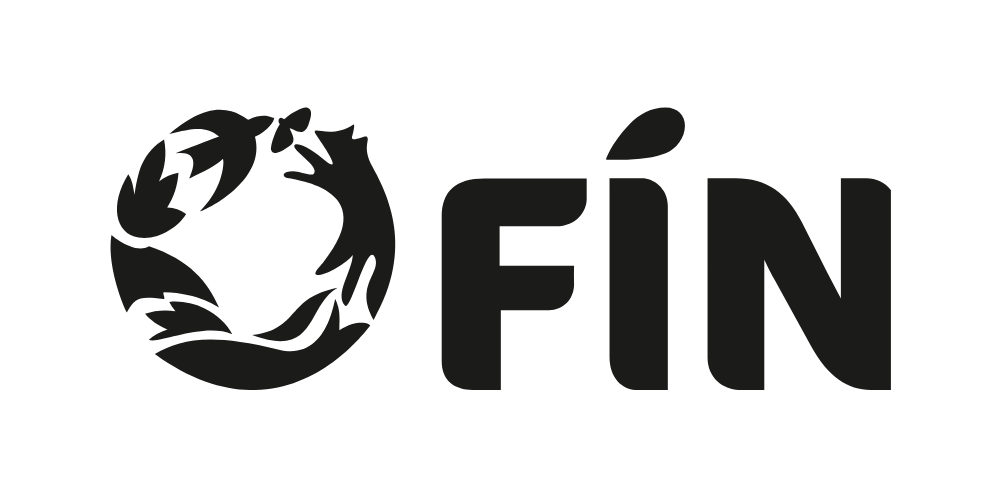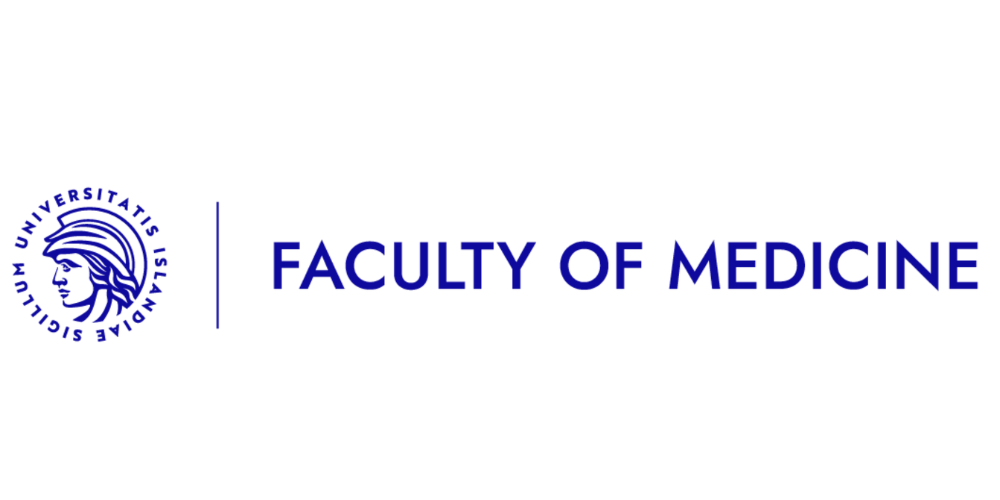CSBSP11
11th Conference of the Scandinavian-Baltic Society for Parasitology
August 14 -15, 2025
August 13, 2025 - workshops
Venue
Askja, the house of Life and Environmental Sciences
University of Iceland
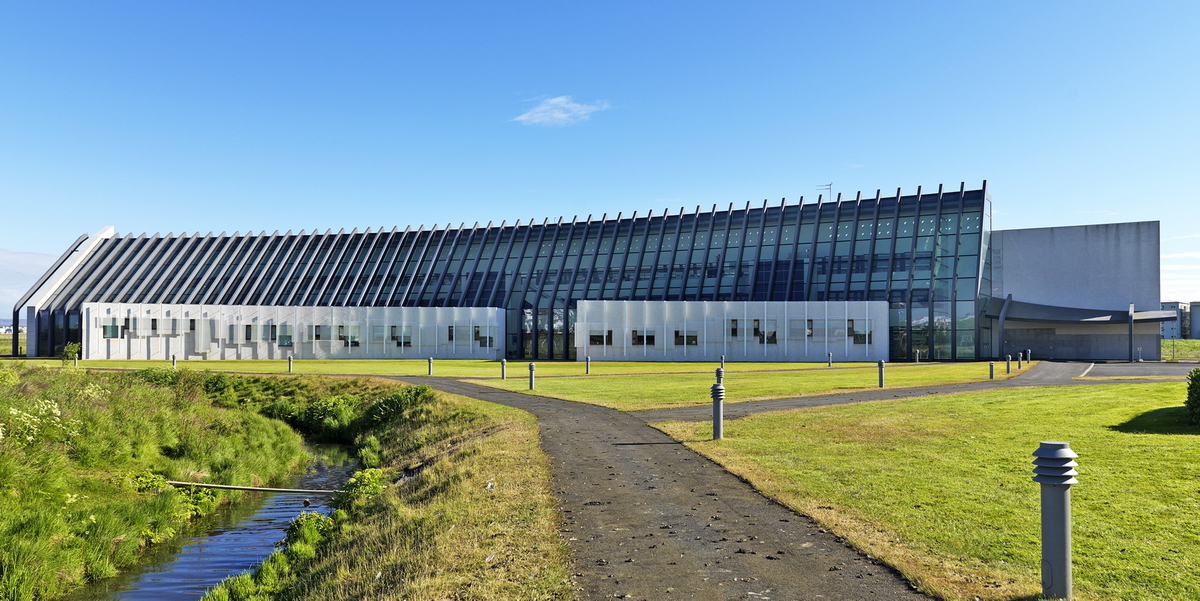
Welcome to CSBSP11
Breaking the Ice: Exploring parasite biodiversity at high latitude
We are pleased to invite you to the 11th Conference of the Scandinavian-Baltic Society for Parasitology (CSBSP11) in Reykjavík, Iceland, on August 14–15, 2025. This will be the first SBSP conference in Iceland since the merger of the Scandinavian Society for Parasitology (SSP) and Baltic Society for Parasitology (BSP) in 2003.
The conference theme, “Breaking the Ice: Exploring parasite biodiversity at high latitude,” addresses the impact of climate change on polar and subpolar ecosystems, potentially shifting parasite distribution. Understanding parasite biodiversity is key to predicting ecological changes and assessing impacts on wildlife, human populations, and global health.
CSBSP11 offers an excellent platform for researchers at all career stages to present their work, gain insights, and network. The conference venue, Askja, the house of Life and Environmental Sciences, University of Iceland, is in walking distance from Reykjavík‘s city center. Reykjavík is charming little city with a rich history and a warm, welcoming atmosphere.
See the program for more information, note the dates for abstract submission and registration and keep an eye on information on student travel grants!
We look forward to welcoming you to CSBSP11 in Reykjavík!
On behalf of the organizing committee,
Guðný Rut Pálsdóttir
Abstracts
Abstract submission is open
Timeline
Abstract submission – open
Deadline 28 March
Abstract acceptance – 29 April
Registration deadline for presenters – 19 May
Early fee deadline – 19 May
Registration fee
Early fee
Member fee ISK 60.000 – approx. € 400
Non Member fee ISK 75.000 – approx. € 500
Student ISK 37.500 – approx. € 250
Member Student fee ISK 26.500 – approx. €175
Virtual ISK 45.000
Late fee
Member fee ISK 72.000 – approx. €
Non Member fee ISK 90.000 – approx. €
Member Student fee ISK 31.800 – approx. €
Student ISK 45.000 – approx. €
Virtual ISK 54.000
Conference dinner
August 14th
Mýrin Brasserie Restaurant
Price: ISK 21.000
Exhibition space
Exhibition space 4sqm ISK 190.000
Included 1 exhibitor personnel
Lunches, and coffee and refreshments during conference days
Programme
Breaking the Ice: Exploring parasite biodiversity at high latitude
Speakers
We are delighted to present our list of speakers for the conference.
Poster size is A0 (portrait) and the talks are 15 minutes (12 + 3 for questions) in .pptx, or .pdf format.
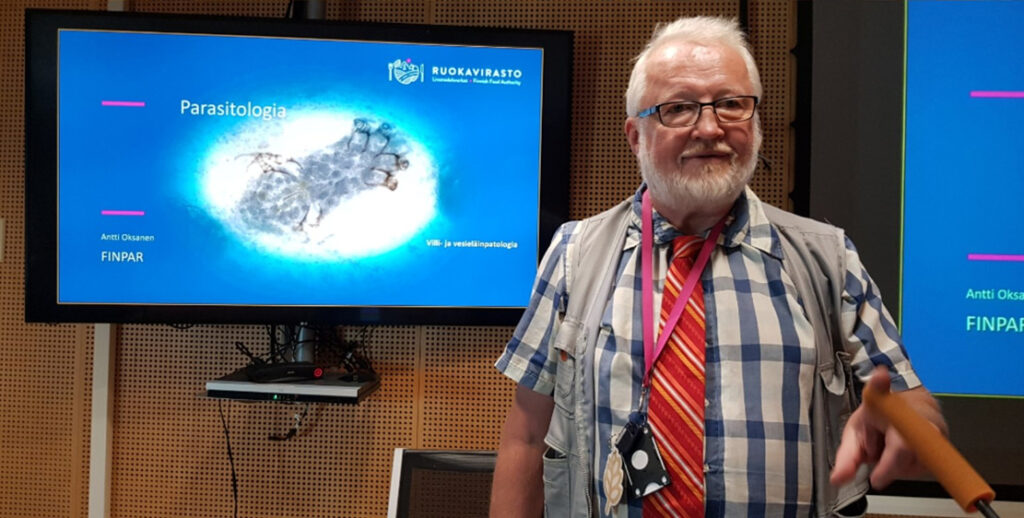
Antti Oksanen
Finnish Food Authority, Finland (Plenary speaker, in-person)
In the early 1980s, Antti Oksanen was a young veterinary student dreaming on James Herriot style mixed practice, but then the parasitology course opened wider views with ingenious life cycles. Also from the veterinary point of view, concentrating on the wellbeing of domestic animals, understanding the parasitic lifestyle is more important than knowing what drugs most efficiently will kill the parasites. From 1990 on, he’s worked for the institution currently called Finnish Food Authority (FFA) in Oulu, but 1994-2001 for the Norwegian School of Veterinary Science in Tromsø. Antti was recently retired and now works as a visiting scientist at the FFA. He has been involved in Arctic issues, especially the Arctic Council project One Arctic – One Health, which unfortunately suffered from geopolitics after the Russian half of the Arctic was excluded.
Antti is a keen supporter of the One Health approach. As humans, for most zoonotic parasites, we are not at all important, but aberrant (dead end) hosts. If we ingest the infective stage, the parasite has no choice but to try to settle down despite our defensive mechanisms, which may often cause disease to us. Antti is a proud honorary member of SBSP since 2017.
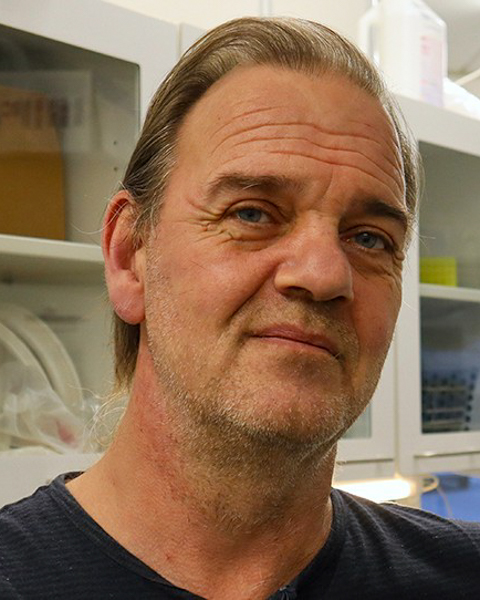
Árni Kristmundsson
Institute for Experimental Pathology at Keldur
Árni Kristmundsson is an experienced aquatic parasitologist and histopathologist, with an M.Sc. and Ph.D. degree in fish/shellfish parasitology and pathology. Since 1998, he has worked at the Fish disease Laboratory at the Institute for Experimental pathology at Keldur, the National Reference Laboratory for fish-, mollusc- and crustacean diseases in Iceland, and as the head of the laboratory since 2009. Over those years, he has done extensive research on parasites of fish and shellfish, particularly on microparasites – protozoans and myxozoans, both in Icelandic waters and other parts of the world through international collaboration.
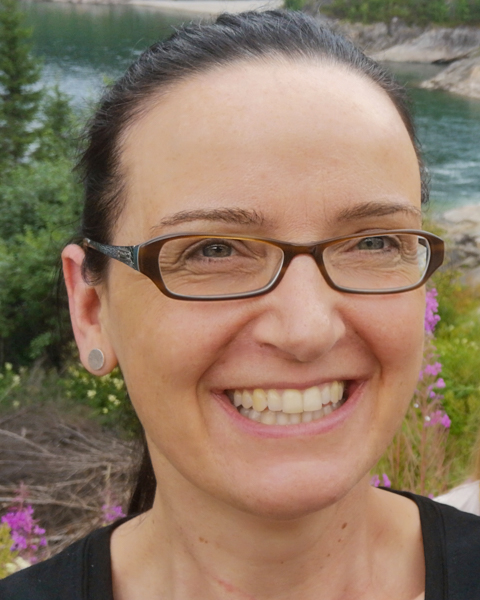
Rachel Paterson
Norwegian Institute for Nature Research (NINA), Norway
Dr. Rachel Paterson is a research scientist in the Department of Salmonid Fishes at the Norwegian Institute for Nature Research (NINA), Trondheim (2019-). Rachel gained her PhD from the University of Otago in 2011, investigating the influence of exotic salmonids on native host-parasite dynamics, and has previously led fish-parasite projects in Argentina, New Zealand, Northern Ireland and Wales. Currently, she leads the Biodiversa+ IMPACT project, which aims to integrate parasites into aquatic biodiversity monitoring across Europe. Rachel’s research interests include the long-term recovery of parasite communities, the effects of multiple stressors on host-parasite dynamics, and the role of parasites in salmonid migration dynamics.
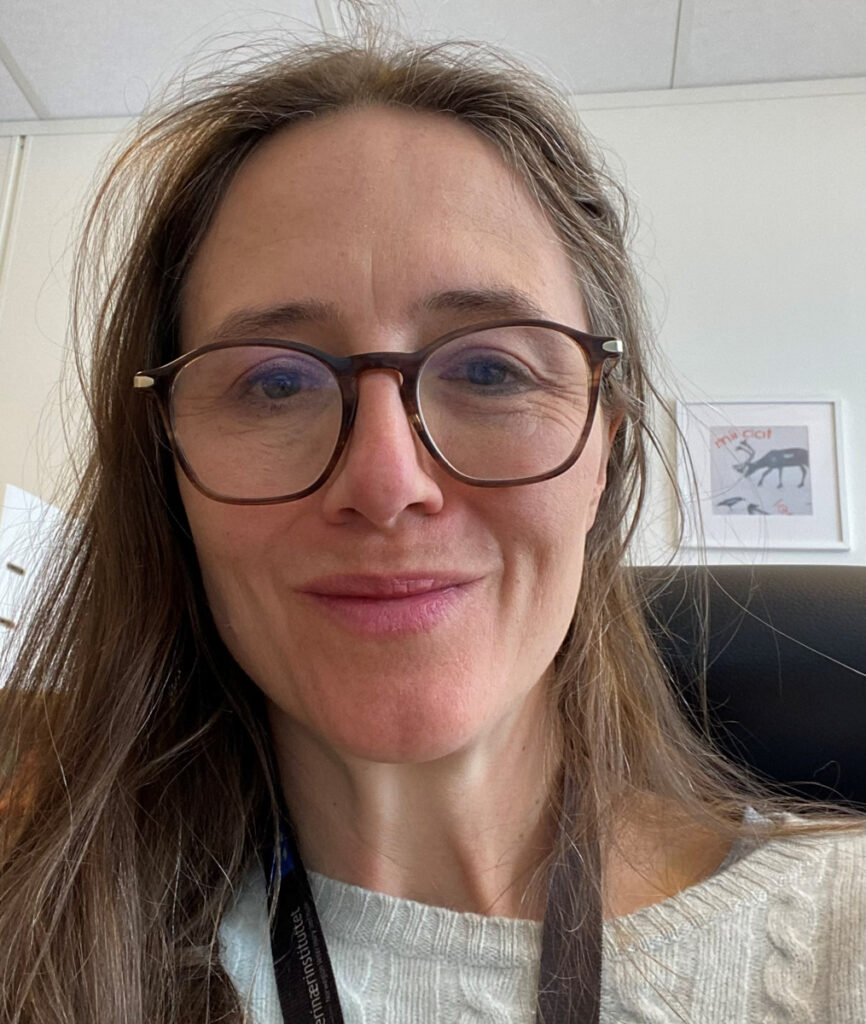
Rebecca Davidson
Norwegian Veterinary Institute and Reindeer Health Advisory Service, Norway (Plenary speaker, in-person)
Dr. Rebecca Davidson is a veterinary parasitologist at the Norwegian Veterinary Institute and Reindeer Health Advisory Service in Tromsø. Her research looks at climate-sensitive infections in cervids, and parasites in Arctic foxes and rock ptarmigan in Svalbard. She graduated as a veterinary surgeon from the University of Glasgow (1999) and subsequently worked in mixed (Scotland and Wales) and small-animal practice (England, the West Indies, and Norway).
In 2009, she earned her PhD from the Norwegian School of Veterinary Medicine, investigating Trichinella and Sarcoptes infections in red foxes. Dr. Davidson has worked extensively in parasitology diagnostics and research, having particular interest in zoonoses and wildlife. She was based at the Norwegian Veterinary Institute in Oslo (2004 to 2014) before shifting her focus to food defence, biological threat agents, and preparedness at the Norwegian Defence Research Establishment (2014–2018). In 2018, she returned to parasitology related challenges after moving to Tromsø.

Robert Poulin
University of Otago, New Zealand (Keynote speaker, remote presentation)
Originally from Canada, Robert obtained a PhD from Laval University before joining the University of Otago in 1992. He has since established a research programme in parasite ecology and evolution that focuses on broad questions. His research group has four main research directions.
- First, his lab investigates the forces shaping the evolution of parasites, in particular the evolution of life history traits such as host specificity, the ability to manipulate host behaviour, and the complexity of transmission pathways.
- Second, they are studying the role of parasites in aquatic ecosystems, i.e. how they affect community diversity and food web stability, and how parasitism may interact with climate change to influence ecosystems.
- Third, Robert has long been exploring large-scale patterns of parasite biodiversity and biogeography, searching for the processes behind the diversification and distribution of parasites and diseases.
- Finally, Robert and his team are now turning toward the role of parasite microbiomes in shaping the host-parasite interaction.
Robert received the Eminent Parasitologist Award from the American Society of Parasitologists in 2024, Otago University’s Distinguished Research Medal in 2013, the Hutton Medal from the Royal Society of New Zealand in 2011 for contributions to animal sciences, the Wardle Medal from the Canadian Society of Zoologists in 2007 for contributions to parasitology, and was elected Fellow of the Royal Society of New Zealand in 2001.
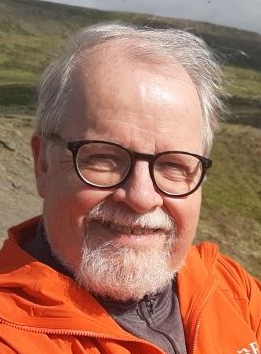
Skúli Skúlason
Icelandic Museum of Natural History and Hólar University, Iceland (Plenary speaker, in-person)
Skúli Skúlason has a BS in biology from the University of Iceland, MSc and PhD from the University of Guelph Canada and a postdoc from the University of California, Berkely USA. He is a professor and a former rector at Hólar University in Iceland and a specialist at the Icelandic Museum of Natural History. He studies the origin and nature of biological diversity in Iceland with focus on freshwater fishes, combining ecological, evolutionary and developmental approach. Skúli chairs BIODICE, a network of people, institutions and societies, promoting greater awareness and understanding of biodiversity in Iceland.
Workshops
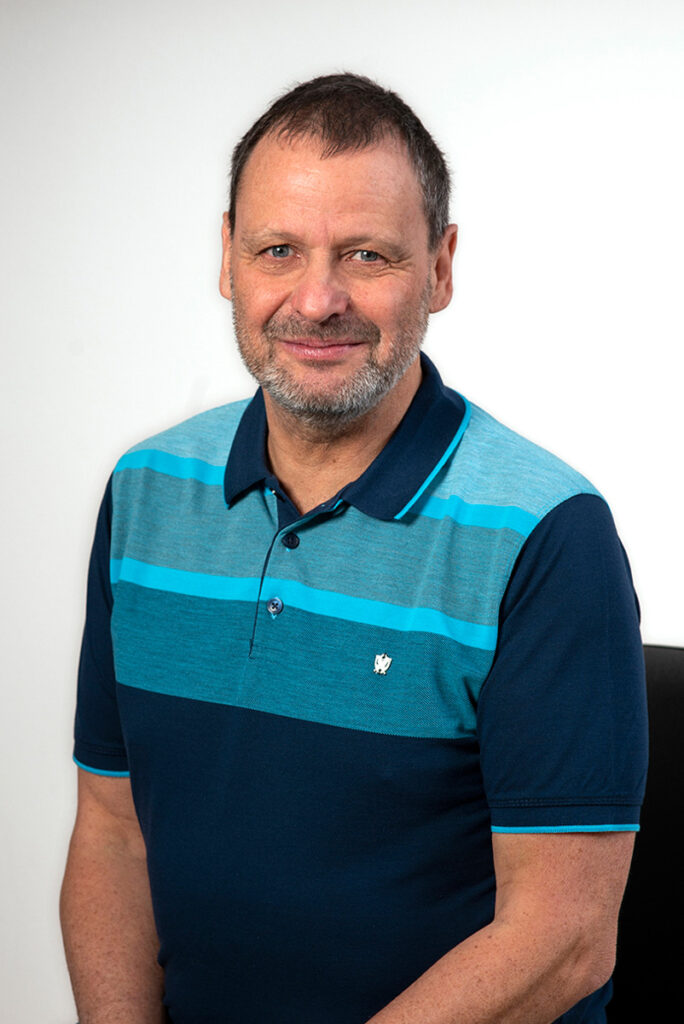
Tomáš Scholz
Institute of Parasitology, Biology Centre of the Czech Academy of Sciences, České Budějovice, Czech Republic. Editor-in-Chief: Folia Parasitologica
Prof. Tomáš Scholz is Head of the Laboratory of Helminthology and former Director of the Institute of Parasitology, Biology Centre of the Czech Academy of Sciences, České Budějovice, Czech Republic (2002–2012).
His professional interests include helminthology, fish parasitology and fish-borne parasitic diseases, especially systematics, phylogeny and life cycles of tapeworms (Cestoda) and other parasitic flatworms (Neodermata), including the broad tapeworms of humans (Diphyllobothriidea) and small liver and intestinal flukes (Opisthorchiidae and Heterophyidae). He has worked for several years on fish and other parasites in Latin and North America and Southeast Asia (3 years in Mexico, 1 year in Brazil, 1 year in the USA). Prof. Scholz has published over 390 scientific publications, 6 monographs and 19 book chapters. His work has been cited 7,600 times; h-index = 43. He has been Editor-in-Chief of Folia Parasitologica since 2012, was subject editor of the Journal of Parasitology and is a member of the editorial boards of several parasitology journals. He has given 14 invited lectures at major international parasitology conferences, including ICOPA (3), EMOP (2) and WAAVP (1).
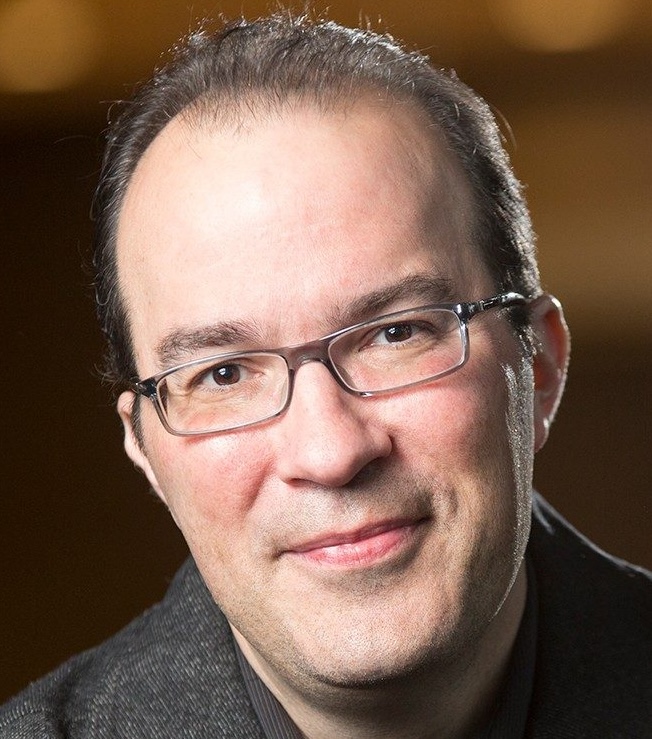
Pedro Peres-Neto
Professor, Concordia University
Co-Editor-in-Chief, Oikos
Publishing in Flux: Navigating the Changing Landscape of Academic Publishing
My research lies at the interface of community and quantitative ecology, incorporating principles from a diverse suite of areas including landscape ecology, modelling, ecomorphology and evolution. The main goal is to determine how different factors such as species level-traits (e.g., morphology, dispersal capacity, life history, phenotypic integration), habitat choice, landscape structure and species interactions contribute to how regional pools of potential colonizer species are sorted into local communities. This is done by combining observational studies, experimental approaches, data synthesis, quantitative frameworks and theory to understand the relative roles of these factors in structuring metacommunities, mainly involving aquatic assemblages.
